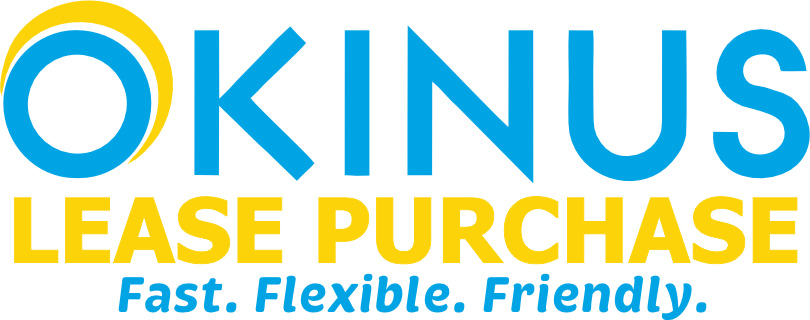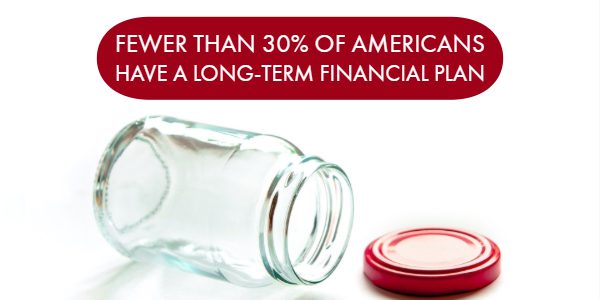You need something essential — glasses, a furnace or air conditioner, a water heater, or a stove — but do not have the savings to pay for it. This is not an unusual situation. In fact, most Americans are unable to withstand a surprise expense, even an essential one. In fact, fewer than 30% of Americans have a long-term financial plan including goals for investment and savings. Going without essentials, such as glasses, heat, or air conditioning, can be life-threatening. Here are a few options for financing large purchases:
Credit Cards
Credit cards are essentially unsecured loans. That is, the credit card company loans you the money for your credit card purchases and you pay the credit card company back, along with interest and fees, for the amount loaned. Although this is a popular option with over 157 million Americans in credit card debt, credit cards have a few drawbacks. First, fees and interest rates can be high for those with bad credit. For example, surveys show credit card customers with only “fair” credit pay an average of 23% interest on their balances. Second, credit cards are susceptible to fraud. Not only can the process of disputing fraudulent charges take time, but your credit history can also be adversely affected until the fraud is cleared up. Third, because it is technically a loan, credit card companies are reluctant to issue credit cards to consumers with bad credit. Often consumers will need to look somewhere besides credit card companies for bad credit financing.
Personal Loans
Personal loans are loans from a bank or other lender (such as friends or family). Typically, these loans are unsecured. This means that there is no collateral required for the loan. While personal loans would seem like a good option for someone with bad credit, there are disadvantages. First, because there is no collateral, most lenders, including friends and family, are reluctant to loan to those with bad credit. Second, when a personal loan can be secured, the lack of collateral typically means a higher interest rate. Again, consumers seeking HVAC financing, appliance financing, or optical financing with bad credit will often need to look at options besides personal loans.
Payday Loans
Payday loans are unsecured loans from a payday lender. Payday loans require no collateral and are tailored for people with bad credit. For these reasons, payday loans can be attractive. However, payday loans are often the most expensive form of loans, with interest rates ranging anywhere from 300-900%. This can lead to a vicious cycle in which a borrower must take out additional payday loans because his or her paycheck is not sufficient to repay the payday loan and pay the borrower’s other bills. Moreover, payday loans can be confusing and some payday lenders mislead borrowers with their marketing material and loan agreements. While payday loans are tailored for those with bad credit, many borrowers will want to look at other bad credit financing options.
Collateral Loan
Collateral loans are loans that require collateral. The most common form of a collateral loan occurs when a borrower pawns personal property. Again, collateral loans are available for those with bad credit and can be attractive for some borrowers solely for that reason. However, collateral loans require collateral that a lender is willing to loan against. For someone with no valuable collateral, a collateral loan is probably not an option. Moreover, collateral loan amounts are always less than the value of the collateral, so that the lender can sell the collateral in the event that the loan is not repaid and the collateral is not redeemed. For example, a piece of jewelry that can be sold for $500 may be pawned for 25-60% of the resale value or $125-300 in this example. In addition, collateral loans typically must be repaid in 30-90 days. For many, collateral loans are not a realistic bad credit financing option.
Lease-Purchase Programs
Lease-purchase programs are agreements in which the leasing company purchases the goods and leases it to the lessor. Unlike the other financing options, lease-purchase agreements are not loans. Moreover, the lease terms are often much longer than loans and the lessor owns the goods at the end of the lease. For these reasons, lease-purchase programs are viewed as a good option for bad credit financing.
For more information on bad credit financing, rely on the experts at Okinus to improve your credit — and quality of life — today.



